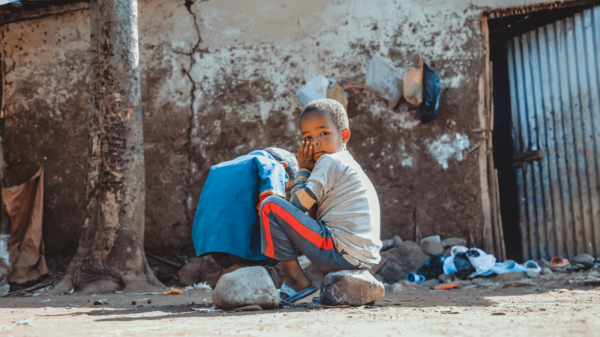Part of the prosperity of some states is still based on processes that do not do justice to people's living conditions, in which these people suffer and natural foundations are destroyed. When it comes to raw material extraction, production and trade, too many companies continue to violate human rights in the course of global supply chains.
These include child labor, discrimination and a lack of labor rights. Many of these problems have been known for a long time - and companies have repeatedly asserted that they "voluntarily" seek solutions. But so far this has not brought any real progress.
“In order to make living and working conditions humane for those affected and to reduce environmental pollution, the IB expressly welcomes the initiative for a supply chain law. It is only within this framework that we create transparency, environmental protection, justice and the respect of human rights by companies. The Netherlands and France are already one step ahead with their laws,” says Thiemo Fojkar, Chairman of the IB Executive Board.
In addition to protecting the environment, social and economic demands are also a core concern of the UN's Agenda 2030, including the 17 sustainable development goals (SDG). While the IB is committed to these goals, social and ecological standards are key criteria.




